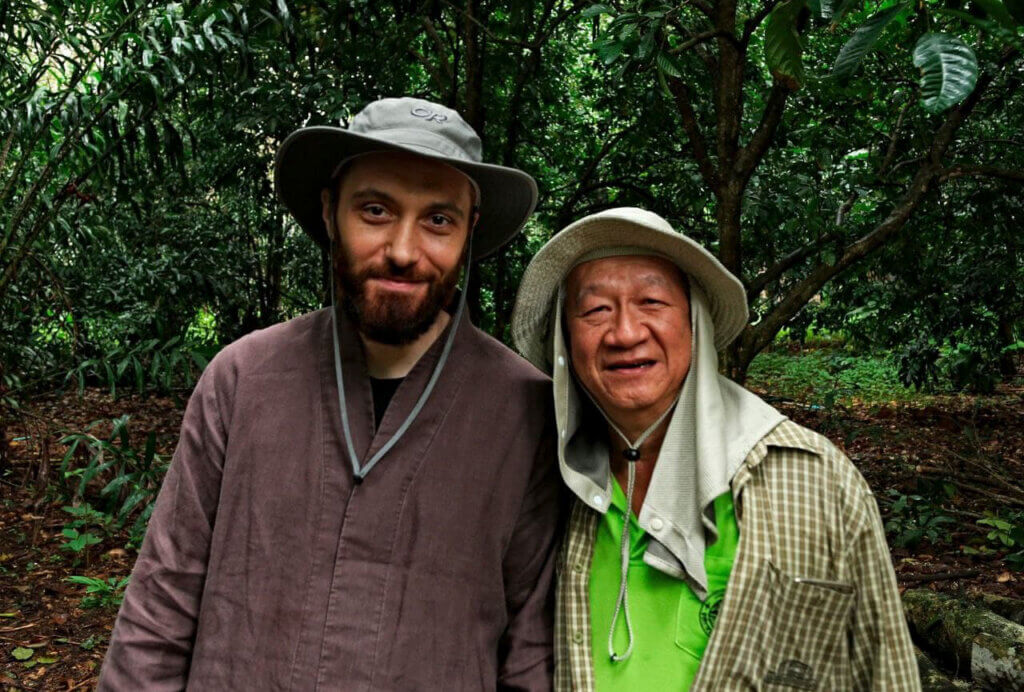Oud Info
The EO Manifesto
In the 19th century, the character of perfumes began to change as significant strides in chemistry, manufacturing, and communication resulted in far more efficient production of goods—including synthetic perfume materials, prosperous working classes, and effective marketing directed at those classes.
In addition to the industrial factors, the wars, revolutions, and fall of empires in Prussia, Russia, and elsewhere imperiled the livelihoods of perfumers, since they were historically bound to the needs, tastes, and fortunes of the aristocracies at the center of such upheavals.
As the age of the great dynasty gave way to the age of the great Gatsby, perfumers sought out patrons in brand barons rather than land ones to ensure their survival. Yet not without cost to their craft. Mass markets could no longer be served by the expensive natural materials which characterized attars, and the perfumes of the fading aristocracies gave way to pressures of a free global economy.
By the beginning of the 20th century, those marketers appealed little to wellbeing, hygiene, and personal taste, favoring instead appeals to fantasy, sexuality, and ostentation. That meant a greater reliance on chemists for cheap synthetics with unfamiliar scents, and unnatural potency and longevity.
Today, perfume’s origin in the attars and scented waters of the past seems like a distant, faded memory. Perfumes have, for the most part, been reduced to brand and identity markers, mere commodities in a highly competitive industry where quality has little to do with all things natural and therapeutic.
Ensar Oud, on the other hand, using the costliest natural aromatics, recalls the pedigree of perfume’s past in a perfect fusion of old-world art and skill with contemporary style and flair.

